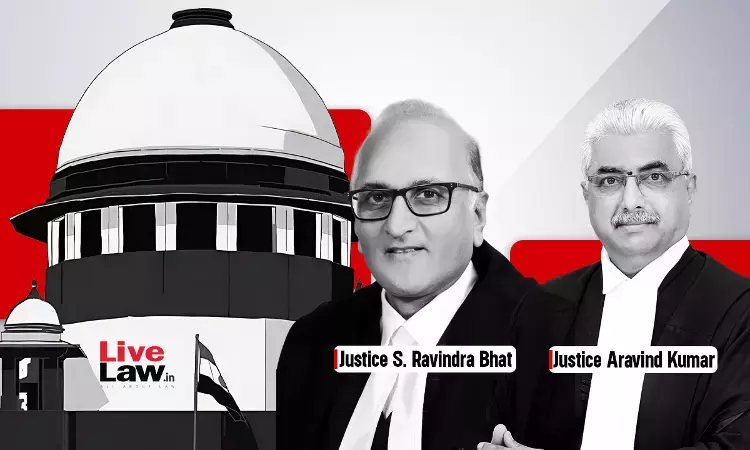State Amendments Made To VAT Acts After GST Came Into Effect Are Invalid : Supreme Court
Gyanvi Khanna
26 Oct 2023 11:13 AM IST

Next Story
26 Oct 2023 11:13 AM IST
A Division Bench of the Supreme Court, while deciding the appeals arising from judgments of Telangana, Gujarat and Bombay High Court with respect to the validity of VAT Amendment Act in their respective states, made several significant findings regarding Section 19 of the Constitution (101st Amendment) Act (Amendment), 2016, which allowed the introduction of the Goods and Services...
